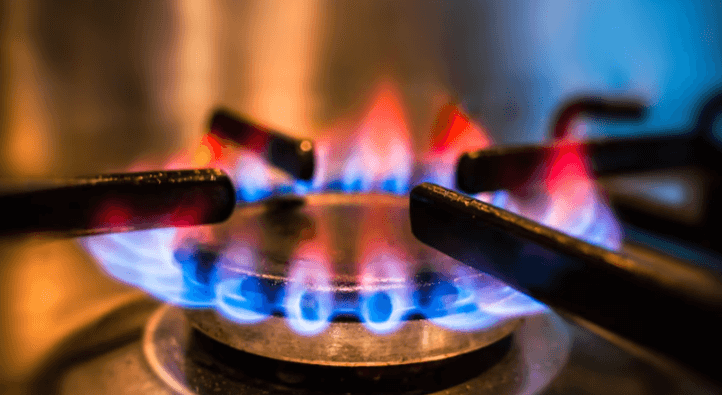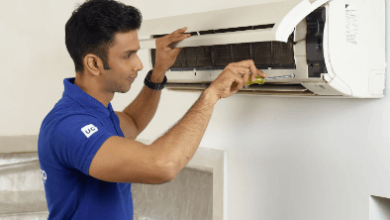The Cost Efficiency of Cooking with Gas in Australian Kitchens

Cooking with gas has been a popular choice in Australian kitchens for decades. Known for its quick heating and precise temperature control, gas cooking offers many benefits to home chefs. Additionally, the availability of natural gas in many parts of Australia makes it a convenient option for households. As energy costs continue to rise, more people are considering the economic advantages of cooking with gas.
This article will explore the cost efficiency of cooking with gas in Australia. It will delve into the financial benefits, energy savings, and long-term advantages of using gas over other cooking methods. By the end, readers will have a clear understanding of why gas might be the most economical choice for their culinary needs.
Financial Benefits of Gas Cooking
One of the primary reasons gas is considered cost-efficient is its lower operational costs compared to electricity. Gas prices in Australia tend to be more stable and often lower than electricity rates. This means that households can save money on their utility bills by using gas for cooking. Over time, these savings can add up, making a noticeable difference in the household budget.
Furthermore, gas appliances generally have a longer lifespan than their electric counterparts. This longevity translates to fewer replacements and repairs, further reducing the overall cost of kitchen maintenance. Investing in quality gas appliances can be a wise financial decision for long-term savings.
Energy Savings with Gas
Gas cooking is known for its energy efficiency. When a gas burner is turned on, it produces instant heat, which means there is little to no energy wasted in preheating. In contrast, electric stoves often take longer to reach the desired cooking temperature, consuming more energy in the process. This immediate heat availability makes gas an efficient option for those who cook frequently.
Moreover, gas burners provide precise temperature control, allowing for better energy management. Chefs can quickly adjust the flame to suit the cooking requirements, ensuring that only the necessary amount of energy is used. This precision helps in minimising energy wastage, contributing to the overall cost efficiency of gas cooking.
Long-Term Advantages of Gas
The long-term benefits of cooking with gas extend beyond immediate cost savings. Gas appliances are generally more durable and reliable, offering years of dependable service. This reliability means fewer disruptions in the kitchen, ensuring a smooth cooking experience. The initial investment in gas appliances can be offset by their extended lifespan and reduced maintenance costs.
In addition, professional chefs often favour gas cooking for its superior performance. The ability to control the heat precisely and the consistent flame provided by gas burners make it ideal for a variety of cooking techniques. Home cooks can enjoy the same benefits, enhancing their culinary skills and achieving better cooking results.
Read also Routine Plumbing Maintenance: Why It’s Important and What’s Involved
Environmental Considerations
While cost efficiency is a significant factor, it’s also essential to consider the environmental impact of cooking methods. Gas cooking tends to have a lower carbon footprint compared to electricity generated from non-renewable sources. Natural gas burns cleaner than coal and oil, producing fewer greenhouse gases and pollutants. This makes it a more environmentally friendly option for households concerned about their ecological impact.
Additionally, advancements in gas appliance technology have led to the development of more efficient and cleaner-burning models. These modern appliances further reduce emissions and energy consumption, aligning with sustainability goals. Choosing gas for cooking can be a step towards a greener kitchen.
Practical Considerations in Australian Homes
In many Australian homes, the infrastructure for gas is already in place, making the transition to gas cooking straightforward and cost-effective. Installing a gas stove or oven can often be done with minimal modifications to the existing setup. This ease of installation is another factor contributing to the cost efficiency of gas cooking.
Moreover, the widespread availability of natural gas in urban and suburban areas ensures a steady supply. Households do not have to worry about interruptions or fluctuations in energy availability, providing a reliable cooking experience. This reliability adds to the convenience and cost savings associated with gas cooking.
Comparing Gas with Other Cooking Methods
When comparing gas to other cooking methods, several factors come into play. Electric stoves, while convenient, often have higher operational costs due to fluctuating electricity prices. Induction cooktops, another popular choice, require specific cookware and can be expensive to install initially. While each cooking method has its advantages, gas offers a balanced combination of cost efficiency, performance, and convenience.
Additionally, gas cooking is often faster than electric methods, saving time and energy in meal preparation. This speed, combined with lower operational costs, makes gas a practical choice for busy households. The ability to cook efficiently without compromising on quality is a significant advantage for home chefs.
The cost efficiency of cooking with gas in Australia is evident in its lower operational costs, energy savings, and long-term advantages. Gas cooking provides a reliable, efficient, and environmentally friendly option for households looking to manage their kitchen expenses. By choosing gas, home cooks can enjoy the benefits of quick, precise, and cost-effective cooking, making it a worthwhile investment for the future.





